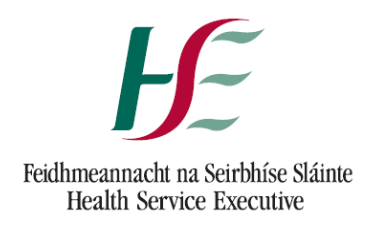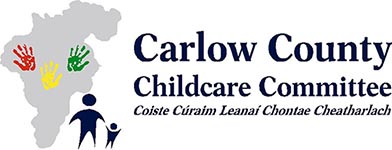If your child is a close contact of COVID-19 in school
 If your child is a close contact of COVID-19 in school, what you need to do depends on:
If your child is a close contact of COVID-19 in school, what you need to do depends on:
- if they are fully vaccinated or not
- if they have symptoms or not
If your child is fully vaccinated
If your child becomes a close contact of COVID-19 but is fully vaccinated, they do not need to restrict their movements. They do not need to get a COVID-19 test either unless a public health doctor recommends it.
They are fully vaccinated:
- 7 days after the second Pfizer-BioNTech dose
- 14 days after the second Moderna dose
They will still be identified as a close contact as normal and get text messages with public health advice. If they develop symptoms, they need to isolate from other people and get a COVID-19 test.
If your child has symptoms
If your child has symptoms of COVID-19, they will need to isolate from others immediately and you should phone your GP. Do this even if they are fully vaccinated.
Common symptoms of COVID-19 include:
- a fever (high temperature – 38 degrees Celsius or above)
- a cough – this can be any kind of cough, not just dry
- shortness of breath or breathing difficulties
- loss or change to your sense of smell or taste – cannot smell or taste anything, or things smell or taste different to normal
Isolating from others means they should stay in a room, on their own, with a window open for ventilation. They should avoid contact with other people. Depending on the age of your child, a parent may need to isolate with them.
Read more about what to do if your child is told to isolate from other people
If your child does not have symptoms and is not fully vaccinated
Your child needs to stay at home (restricted movements)
Your child should restrict their movements for 14 days, from when they were last in close contact with the person who has tested positive for COVID-19. This is sometimes called quarantine.
They can stop restricting their movements when both apply:
- They have a negative test (COVID-19 not detected) 10 days after they were last in contact with the person who tested positive.
- They do not have any symptoms of COVID-19.
Restricted movements means they need to stay at home, avoiding contact with other people and social situations as much as possible. This is to help stop the spread of the virus if they do have COVID-19 too.
During the 14 days of restricted movements your child cannot:
- attend school, childcare or any group activities
- use public transport
- visit other people’s homes or have visitors to your home
Your child can go outside to attend a medical appointment or to exercise as
https://www2.hse.ie/conditions/covid19/contact-tracing/child-is-a-close-contact-school/
